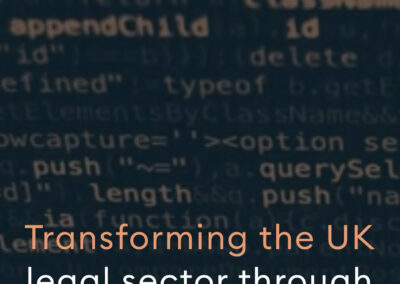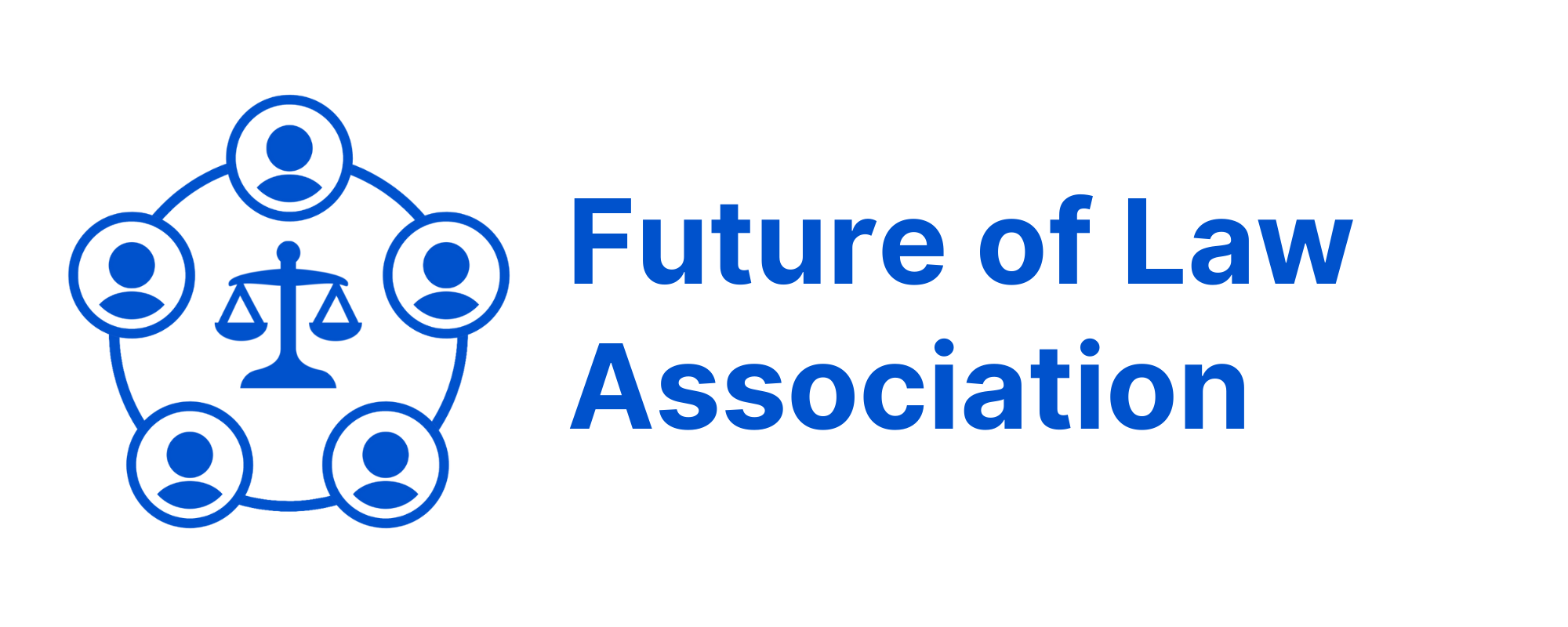Categories
Tags
- All Tags
- Access to Justice
- Blockchain
- Design Thinking
- Algorithms
- AI
- Assessment
- Commercial
- Dispute Resolution
- Ethics
- Innovation
- Legal Services
- Legislation
- Online Courts
- Courts
- Online Dispute Resolution
- Public Legal Education
- Legal Research
- Academic Research
- lawtech
- standards lawtech
- artificial intelligence
- primer
- legal practice
- contract automation
- Journal
- Startups
- Podcast
- Probono
- Reports
- Tools
- report
- Maps
- Events
- Articles
- Organisations
- Law making
- practice
- Rules as Code
- Directory
- Future
- Lawyering
- law tech innovation
- bias
- discrimination
- England and Wales
- Remote hearings
- Britain
- Stanford
- history
- DigitalDivide lawtech
- typoology
- teaching
- Launch
- digital governance
- public procurement
- digitalisation
- Call for papers
- social media
- conference
- London
- Nordic
- Past Event
- ChatGPT Generative AI Teaching Assessment Higher Education
- External Examiner
- trends
- skills
- ruleoflaw
- curriculum
- revising
- groupwork
- peer-review
- LegalTech
- LegalServices
- LegalProfession
- books
- academic
- practitioner.tech
- Generative AI LegalProfession

An explanation of a peer review mechanisms designed to tackle the problem of the free rider in student groupwork assessments.
The various stakeholders in legal education have divergent and sometimes conflicting priorities, which this article tries to summarise.
Legal education stands at a pivotal juncture in the wake of the pandemic, where society is transitioning between old and new, tradition and innovation, and push and pull. This paper proposes a forward-thinking perspective that underscores the intricate connection between the future of the legal profession and the development of the post-pandemic world, encompassing pressing issues such as climate change, recognition of first nations' rights, and the rise of generative AI.

LawTechUK are seeking a PT senior researcher to work on a current project.
London South Bank University is seeking to appoint an External Examiner for the Masters programme in Cybercrime ...

A link to a new blog about the impact of AI on teaching and assessment in higher education.
As digital technology becomes more necessary for full participation in society, many commentators raise concerns regarding the ‘digital divide’.

In broad terms, lawtech has developed in three waves. Each wave has flowed into the next and continued through it.

In the wake of the UK's Post Office Prosecutions controversy, the reliability of computer-based evidence is called ...

